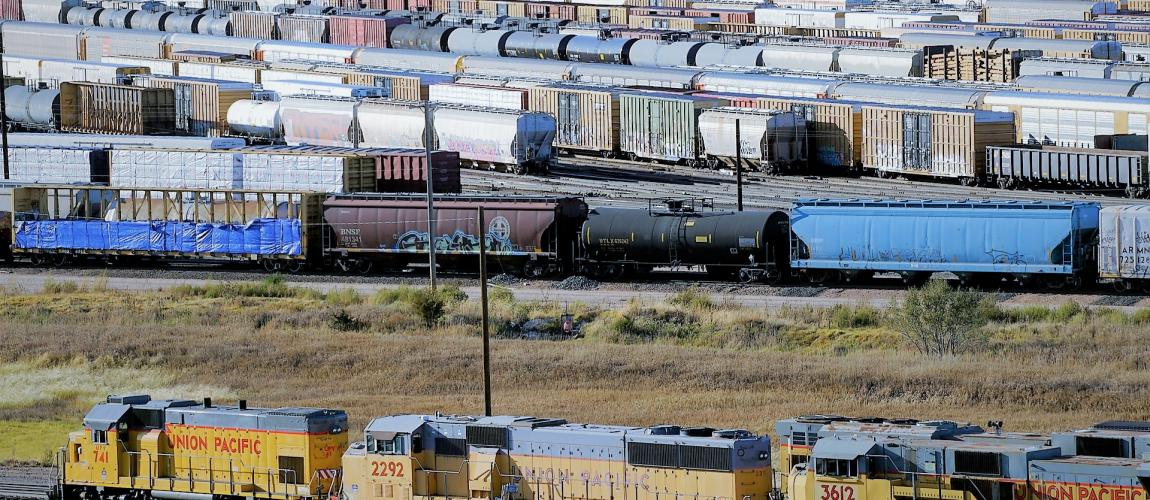Track Access and Haulage Agreements

Photo Credit: Image by RJA1988 from Pixabay
Track access agreements are contracts between an infrastructure manager and the beneficiary (usually a railway operator). The railway operator is granted the right to use the railway infrastructure with its own rolling stock for passenger and/or freight services. In turn it has to pay an access charge to the infrastructure manager. The right to use rail infrastructure is often specified in a schedule (referred to for example as “working timetable” or “scheduled train paths”). Track access agreements typically specify the content of the access right, the services to be provided by the infrastructure manager and the obligations of both parties regarding the access. They also contain rules on access charges, liability, indemnity, insurance requirements and dispute resolution. The content of track access agreements depends heavily on the underlying regulatory track access regime: Haulage agreements are used for a variety of contractual relationships. In general, a haulage agreement determines the conditions under which the infrastructure manager (or principal operator) undertakes to haul third-party wagons and/or freight. Where shared track use is considered in a PPP railway project, a haulage regime may be preferable to an access regime in cases where the owner or main operator of the tracks wants to retain control over the operation of trains and the maintenance of the rolling stock. For examples of track access and haulage agreements from different regions click below:
Updated: October 10, 2021